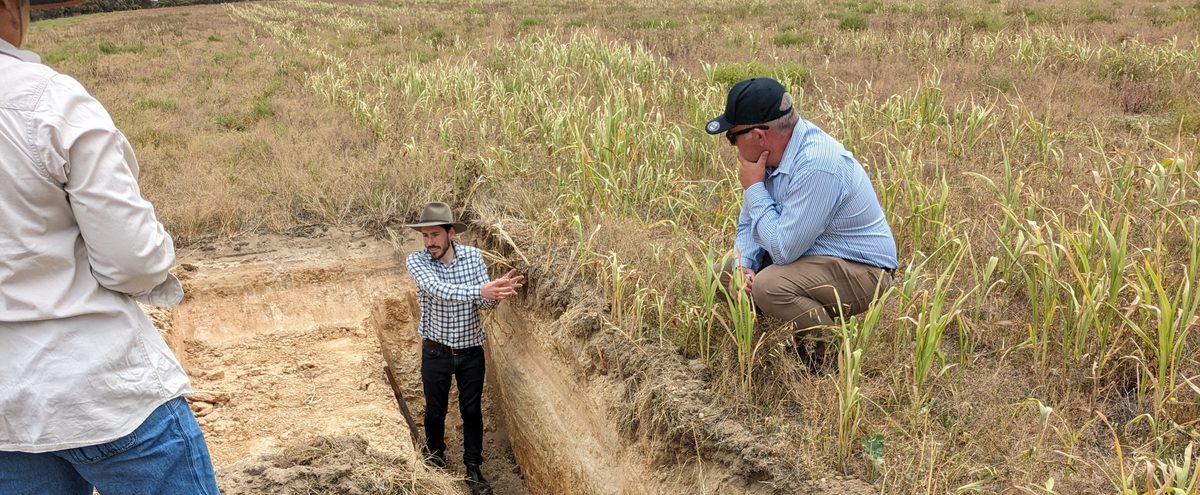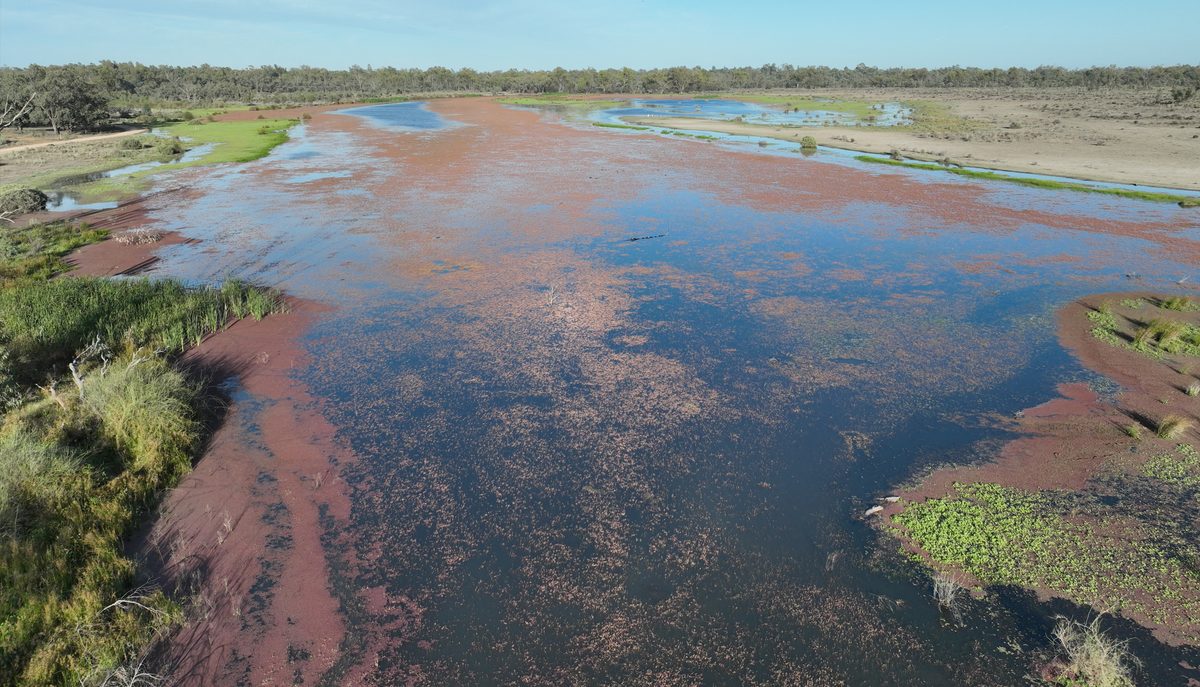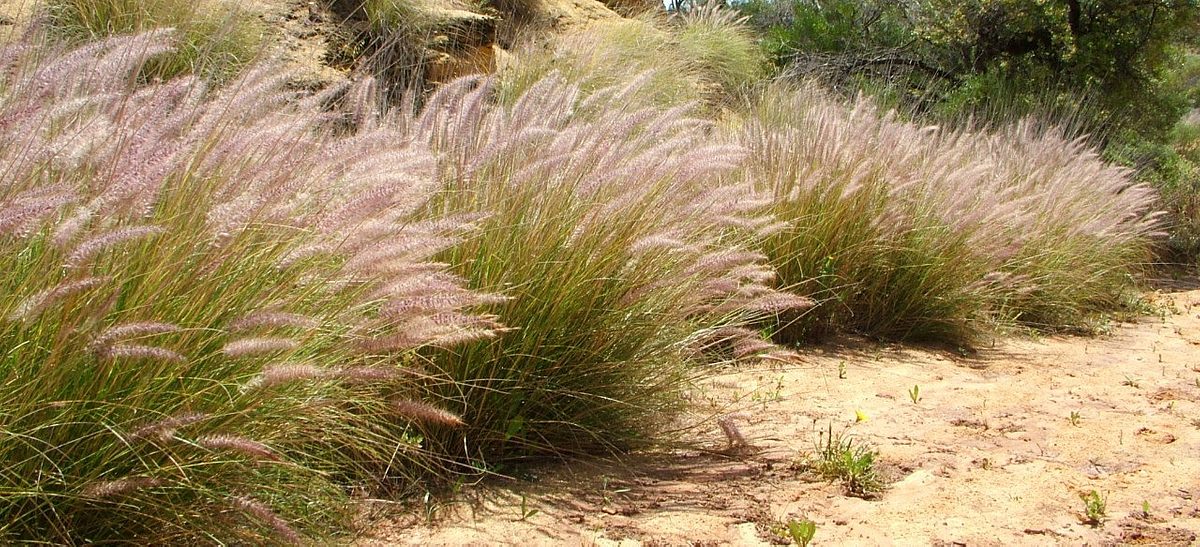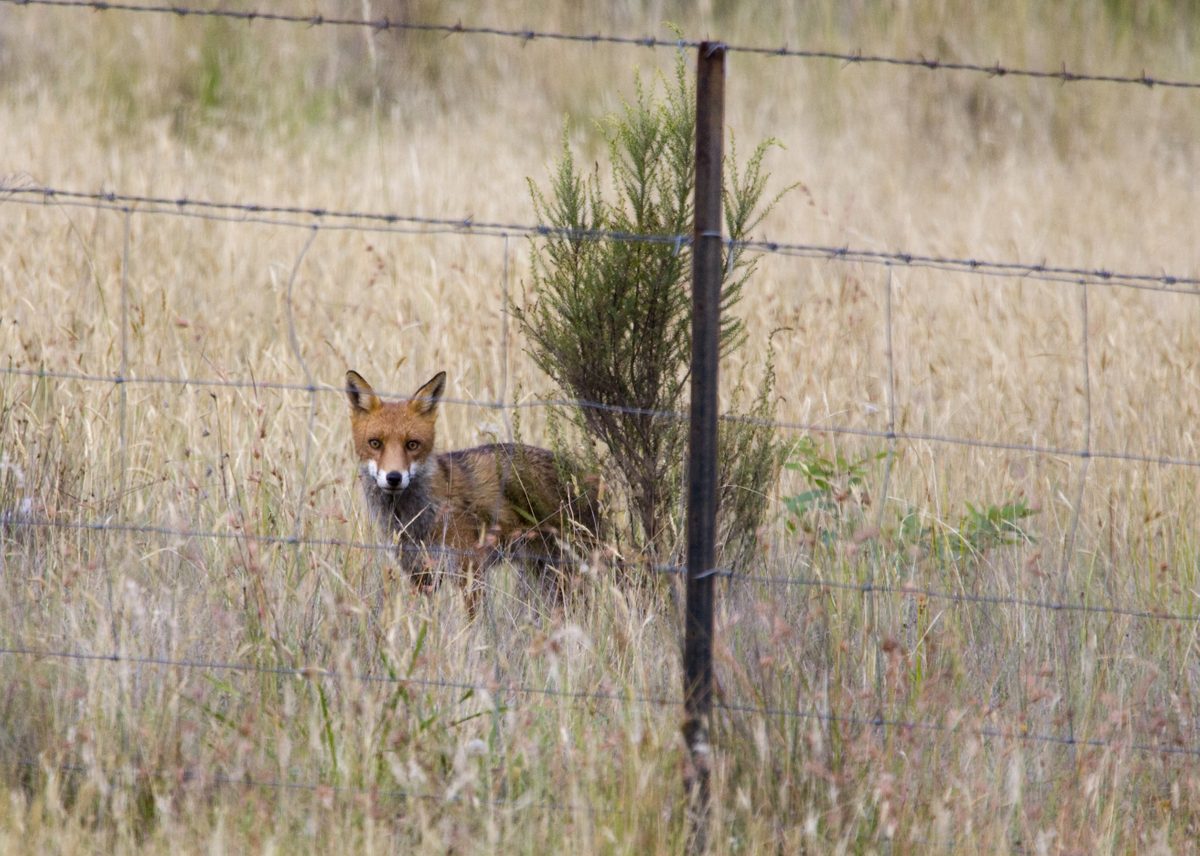Recent Field Days a Winner with Local Landholders

Unearthing Soil Health with Joel Williams
The day started off under a dreary sky punctuated by the occasional drizzle, nevertheless setting the scene for a day of exploring sustainable farming practices. Led by the world renowned soil health expert Joel Williams, a cohort of enthusiastic followers, began the day exploring a paddock recently revitalised with a summer cover crop planted in early December.
The previously run down paddock now boasts a vibrant mix of sorghum, chicory, plantain, sub-zero brassica, and tillage radish, along with additives rapid raiser and fish hydrolysate to enhance soil health. As we made our way through the paddock, the mantra of "roots over shoots" resonated, emphasising the importance of diverse root systems in enriching soil organic matter.

Discussions amongst attendees were lively, with shared insights and problem-solving strategies taking centre stage. A particularly intriguing debate arose regarding the management of undesired vegetation, with the consensus leaning towards intensive grazing over herbicidal spraying, citing its dual benefits of weed control and organic matter addition to the soil.
Transitioning to a soil pit to inspect the deeper soil profile revealed a compacted layer near the surface and calcrete formations deeper down. Proposed solutions to remediate these issues included deep ripping supplemented with humate prills or fulvic acid, coupled with planting deep-rooted species to maximize soil resilience.

Back indoors, the afternoon session delved deeper into the morning's learnings, with scientific data reinforcing the importance of carbon sequestration and biodiversity. Discussions ranged from the evolution of cereal crops to the benefits of multispecies cover crops, highlighting the different approaches to sustainable agriculture.
Our attention then turned to the mechanisms of carbon deposition, contrasting the short-term decomposition of stubble with the long term stability of mineral-associated organic carbon (humus) from legume residues. These insights underscored the differing short and long term dynamics of carbon cycling and its implications for long-term soil health.
This project is supported by the Murraylands and Riverland Landscape Board through funding from the Smart Farms Small Grants program which is a component of the National Landcare Program.


